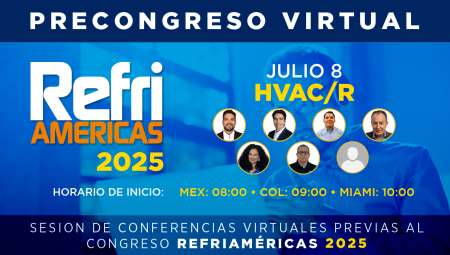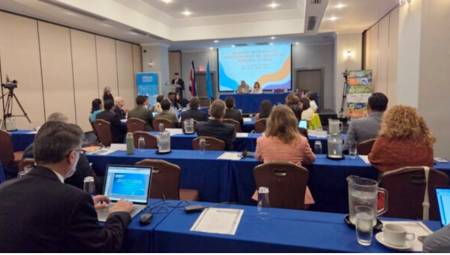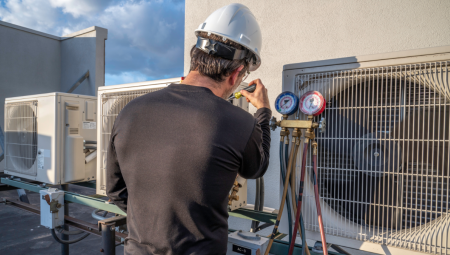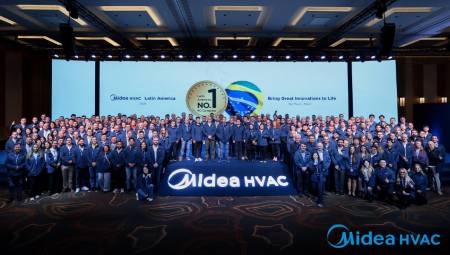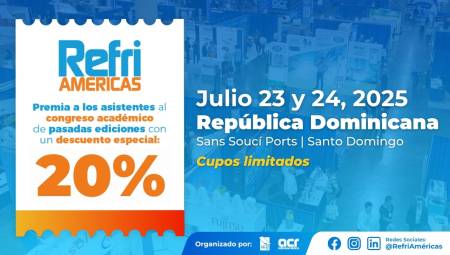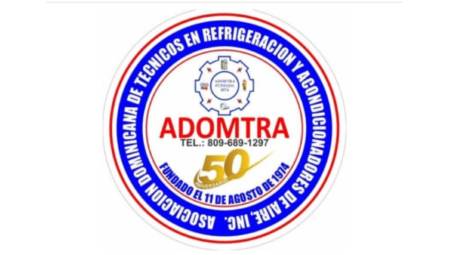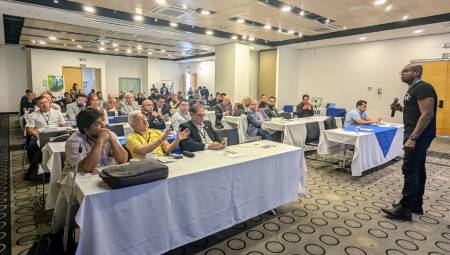The report, on waste and climate change: Global trends and strategy, was prepared by the United Nations International Environment Technology Centre, based in Japan. The authors examine the contribution the waste sector can make in the fight against climate change and propose a strategy to increase this contribution.
The report lists three main areas in which GHG savings can be made in the waste sector:
Reduce the amount of raw materials used in manufacturing through waste avoidance and material recovery through recycling (avoiding GHG emissions from the energy used to extract or produce the raw material) Energy production from waste to replace fossil fuel energy carbon storage in landfills and by applying compost to soils
But the study also underlines that much work remains to fully estimate the potential contribution of emissions – and thus saving emissions is possible – from the waste sector as in many countries data can be irregular and methods of calculating waste-related pollution vary between nations.
In fact, the report notes that uncertainty levels can be as high as 10 to 30 percent for developed countries (with good quality datasets) to more than 60 percent for developing countries that do not have annual data.
Methane emissions from landfills are generally considered to represent the largest climate impact of the waste sector, followed by waste incineration. Methane is generated in landfills when microbes form and begin to break down organic matter, such as food, paper, wood or garden trimmings.
A mixture of carbon dioxide and methane gas are formed during the decomposition process, but practice at some burial sites or waste cover can result in a higher proportion of methane being produced. When that escapes into the atmosphere, they are thought to have a global warming potential 25 times greater than that of carbon dioxide over 100 years.
Landfills that have on-site gas recovery systems capture methane and convert it into fuel and compost. Catch rates vary from landfill to landfill (as they depend on the mix of materials deposited in them), but estimates of controlled landfills in developed countries have a catch aash of 50 to 80 percent.
A study cited in the report suggests an emission saving of 132 to 185 kg CO2 equivalent per tonne of wet, input mixture of municipal solid waste stored in good management, European landfills. Another study suggests that simply by diverting food, garden waste and paper for composting or recycling from stations, thereby reducing the amount of organic matter in landfills, emissions could be reduced by 250 kg of CO2 equivalent per tonne of municipal solid waste.
For example, Germany, between 1990 and 2005, has gradually banned untreated organic waste in landfills. By 2012, this is expected to have avoided 28.4 million tons of CO2 equivalent to methane emissions.
The report estimates that in many developing countries, the level of organic waste (and therefore a potential source of methane emissions) is around 50 percent and could, in a rapidly developing country like China, account for more than half of the waste stream up to and beyond 2030 if no action is taken.
The report notes that greenhouse gas management in the waste sector should be considered in light of other environmental, social and economic implications of waste management strategies, which differ from place to place.
An independent evaluation by UNEP's Risoe Centre in Denmark estimates that around 320 (or just under 6 per cent) of the projects in the pipeline are biogas-related.
This, according to experts, is just the "tip of the iceberg" in terms of potential. China, for example, produces 254 million tons of garbage a year but only 2.5 percent of all projects in China are landfills. In India, just under two percent of the projects are landfills.
The Executive Secretary of the Basel Convention, Ms. Katharina Kummer Peiry, with the support of Waste and the Report on Climate Change. "I welcome this report as a basis for addressing the ways in which waste management can help combat climate change, an important issue that has so far been underestimated. The Secretariat hopes to join forces with others in strengthening this link through environmentally sound waste management," he said.
Related Posts:
- UBV COP16 – Cities Are the Focus for Climate Action
- Vodafone A Company With Green Strategies
- Oregano Can Reduce Methane Emissions From Cows by 40%
- Ecotips – Solid Waste Management – 182
- UBV COP16 – Waste and Climate Change
Authors: Val


